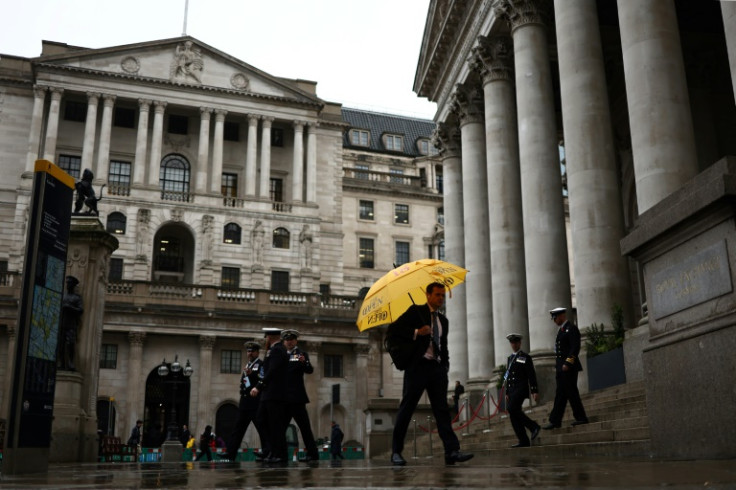Britain’s Conservative government this week unveils a budget update that could determine its chances of re-election — or the size of its defeat — with promises to reinvigorate the economy as the party lags badly in the polls.
Finance minister Jeremy Hunt will deliver the Tories’ fiscal plans in parliament on Wednesday, hoping it will narrow the gap with the main opposition Labour party.
But analysts assess that after 13 years in power and even with pledges to cut taxes, the tax and spend plans may not be enough to turn around the government’s fortunes.
Prime Minister Rishi Sunak and Hunt have cautioned against big giveaways despite recent falls in inflation, which remains high, and pressure from some parliamentary colleagues.
On Monday, Sunak — a former finance minister under Boris Johnson — promised to cut tax “carefully and sustainably” after his target of seeing inflation halve this year was met in October.
Sunak declined to pre-empt Hunt’s announcement but vowed to crack down on welfare cheats to get more people back into work.
Last week, the government announced it would cut welfare payments to people who “refuse to work”, to address chronic labour shortages in several sectors.
The government has already indicated that it would invest GBP4.5 billion ($5.6 billino) in the auto, aerospace, green energy and life sciences sectors, among others.
Addressing a London college, Sunak said he was able to move on to the “next phase” of the government’s economic plan after UK annual inflation slid to 4.6 percent last month from 10.1 percent in January.
“We will do this in a serious, responsible way,” Sunak said before the budget update, which is known as the Autumn Statement.
“And we can’t do everything all at once. It will take discipline and we need to prioritise. But over time, we can and we will cut taxes.”
At 4.6 percent, UK inflation remains the highest of the G7 world’s richest nations.
Also citing high inflation, Chancellor of the Exchequer Hunt stressed last week end that cuts to income tax are “not going to happen overnight”.
With another budget likely before the next election, economists said Hunt could either announce tax cuts on Wednesday that would take effect in the spring — or wait until the government’s fiscal update in March.
“The chancellor will squeeze as much political juice out of Wednesday’s Autumn Statement to try and regain the agenda ahead of an election next year,” noted Paul Dales, chief UK economist at Capital Economics.
It is widely rumoured that the government will announce cuts to inheritance tax and levies on home purchases, known as stamp duty.
Political analysts argue that such reductions could help the Conservatives win over voters, even if there is a greater call for cuts to income tax as the country suffers from a cost-of-living crisis.
Cutting inheritance tax, or amounts levied on estates at death, would controversially benefit the wealthiest in society, while reducing stamp duty would be aimed at boosting Britain’s flagging housing market.
“The Autumn Statement represents a crucial last opportunity this year for the government to spell out a clear vision that appeals to the public,” Anand Menon, a politics professor at King’s College London, told AFP.
Despite UK average wages rising faster than inflation — thanks partly to mass strike action — millions of Britons are still struggling to pay bills.
Food inflation remains in double digits, while households and businesses continue to pay high energy bills after the government scrapped last year’s subsidies.
Rents and mortgage repayments have soared for many following a series of interest-rate hikes from the Bank of England that helped to reduce decades-high inflation.
Another of Sunak’s big pledges has been to grow the UK economy — but heading into 2024 output has stalled and the country remains firmly at risk of entering recession in the coming months.
AFP

AFP







